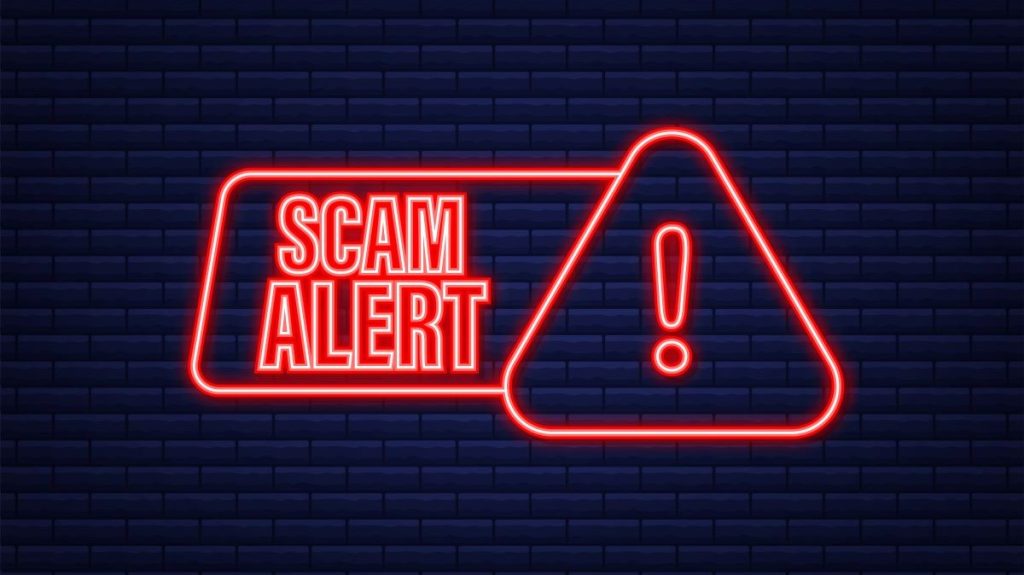Just four days into the New Year and the NFT market had suffered its first bit of reputational damage in 2023, an exploit allowing scammers to sell fake NFTs as part of popular verified collections on the Magic Eden marketplace. As the saying goes: the more things change, the more they stay the same. Frustrated users are starting to wonder if the problems plaguing the NFT scene will ever be solved.
This latest mess appeared to stem from a UI issue caused by a new feature deployment released to Magic Eden’s Snappy Marketplace and Pro Trade tools. In effect, a bug lurking in the update meant that NFTs were not verified before being listed to both tools and added to established collections such as Y00ts and ABC.
According to the marketplace, just 13 NFTs across 5 collections were affected before the issue was resolved, and all impacted users were refunded. All the same, many won’t accept any excuse for an established marketplace listing unverified NFTs on high-value collections. Especially as it’s now been a year since OpenSea admitted that 80% of NFTs created using its free minting tool were “plagiarized works, fake collections and spam.”
Fixing the Fake NFT Problem
Has the scourge of fake NFTs been properly addressed since OpenSea made those remarks? To some degree, yes. The marketplace itself introduced a new system to identify counterfeits last spring, leveraging tools like image recognition tech and human reviewers. And in October, the platform launched a copymint detection system which it says allows it to remove copymints in a matter of seconds.
Even these measures aren’t foolproof, however. In recent days, NFT project Mocaverse has sounded a scam alert after discovering a fake collection of its Realm Ticket Passes on OpenSea. Another collection, Nove, found three fake collections on the same marketplace ahead of its January 12 mint.
As long as NFTs are easy to create, it seems, scammers will try their luck at duping unsuspecting buyers, typically by copyminting coveted collectibles, spam-sharing on social media, and listing on marketplaces which fail to identify them in time to prevent a sale. So, what’s the solution?
In the wake of its recent bug, Magic Eden talked about adding more verification layers to collections to ensure no fake NFTs showed up alongside high-value works. This is undoubtedly a good idea, but until similar exploits stop happening altogether, many will remain skeptical of vendors themselves. Wasn’t the mighty, immutable, publicly viewable blockchain supposed to prevent such problems in the first place?
Well, it can – providing all buyers painstakingly verify the provenance of NFTs using blockchain explorers, reverse image searches and the like. But that’s like expecting someone purchasing a second-hand car to take the engine apart to verify it’s genuine.
While marketplaces work on getting their houses in order, independent operators have started building their own independent authentication solutions.
Authenticating NFTs Through Proof of Democracy
Wakweli, which takes its name from the Swahili word for truthful, represents an infrastructure protocol built around a consensus algorithm called Proof of Democracy (PoD). It even has its own ‘trust token’, $WAKU, which aligns in incentives and allows for the issuance of certificates said to guarantee the authenticity of any token – including an NFT.
Wakweli touted its offering at a slew of international events in 2022 and is set for a full launch this year. While schadenfreude is somewhat unedifying, the team behind the protocol undoubtedly watched the Magic Eden saga unfold with interest. After all, if Wakweli had been integrated by the marketplace, the fake NFTs in question would have been identified as such right away: its certificate of authenticity is represented by a visual tick mark, meaning buyers can see which NFTs are suspicious at a glance.
It’s not just marketplaces that can integrate Wakweli; centralized and decentralized exchanges (DEXs) can, too. Headed up by Blockchain Game Alliance co-founder Shaban Shaame, it counts as advisors several people who often face the problem of fake NFTs in their day-to-day work, such as OpenSea’s Compliance Officer Daniel View and The Sandbox Co-Founder Sébastien Borget.
Magic Eden will be hoping the rest of 2023 runs more smoothly than the first week. Certainly it will be triple-checking updates from now on, and hoping that it’s quick fix and hastily-issued refunds assuaged injured parties. As for the NFT market as a whole, it can ill afford another year plagued by debacles like exploits, phishing scams, and fake collections. Let’s hope 2023 is the year when comprehensive NFT authentication becomes the norm.


